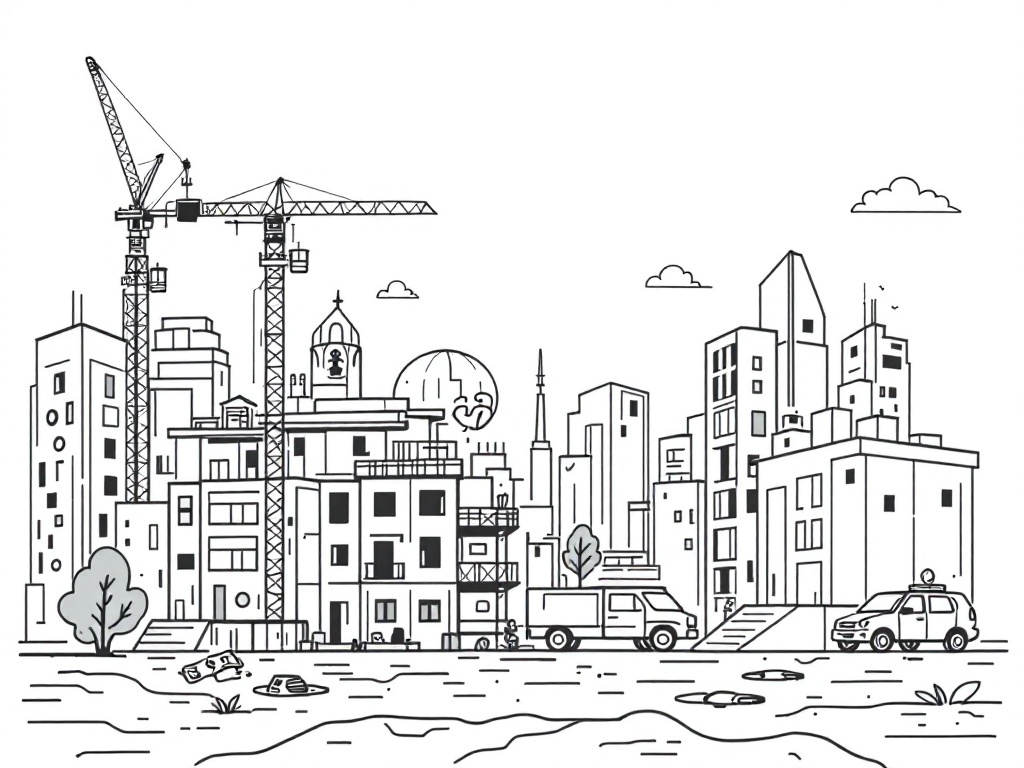Green Construction Roadmaps Unveiled at COP29 by Three Nations

Dhaka, Saturday, 16 November 2024.
Bangladesh, Ghana, and Senegal have launched sustainable construction roadmaps at COP29, marking a significant step towards eco-friendly building practices. This collaborative initiative aims to transform the construction sector, addressing its substantial contribution to global emissions.
Global Drive for Sustainable Construction
The unveiling of sustainable construction roadmaps by Bangladesh, Ghana, and Senegal at COP29 underscores a growing global commitment to eco-friendly building practices. The construction industry, responsible for approximately 37% of global greenhouse gas emissions, is at a pivotal juncture. These nations are not only acknowledging their role in climate change but are also taking proactive steps to mitigate it by promoting green architecture and sustainable urban planning[1].
Innovative Approaches and International Collaboration
COP29, held in Baku, serves as a platform for innovative strategies to achieve net-zero emissions, highlighting the importance of international collaboration. The event featured discussions on net-zero building practices and sustainable energy systems, aligning with the goals of the Paris Agreement. This collaboration is crucial as it allows countries at different stages of development to share knowledge and resources, fostering a collective approach to sustainability[2][3].
Impact on Local Economies and Communities
Beyond environmental benefits, the roadmaps emphasize economic and social dimensions, aiming to create jobs, bolster community resilience, and ensure equitable access to clean energy. The construction strategies are expected to support local economies by utilizing sustainable materials and traditional building methods that are both environmentally friendly and culturally relevant. This approach not only reduces emissions but also preserves cultural heritage and promotes social cohesion[4][5].
Challenges and Opportunities Ahead
Despite the positive momentum, significant challenges remain in transitioning to sustainable construction. These include the need for infrastructure investment, policy reform, and technological advancements. However, the roadmaps also present opportunities for innovation, such as the integration of green technologies and the development of new business models that prioritize sustainability. As these nations implement their roadmaps, they will serve as models for others, demonstrating that sustainable construction is both achievable and beneficial[6].